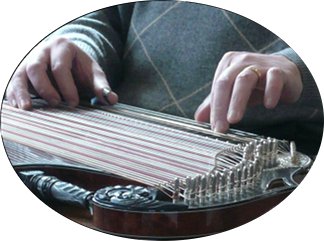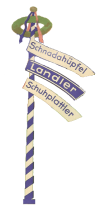
Welcome to Zither US
Here you will find information pertaining to the concert zither, an instrument with Alpine origins commonly associated with the German-speaking lands of Europe. The concert zither has an incredibly rich history here in the US. By providing a venue to share its history and music, it's hoped that interest will be renewed and new players will be encouraged to take up this wonderful instrument.
To grow as a resource, Zither US is seeking your contributions. Did you have an ancestor who played the concert zither? Do you play, or have you attended a recent performance? If so, consider sharing your experiences and knowledge with the community. For more information on how to become a contributor, feel free to contact me directly at email dave@zither.us.
For the enjoyment of the zither community, hundreds of vintage zither arrangements and compositions have been digitized and published. Visit the page of the Vintage Zither Music Project to browse the current collection.







